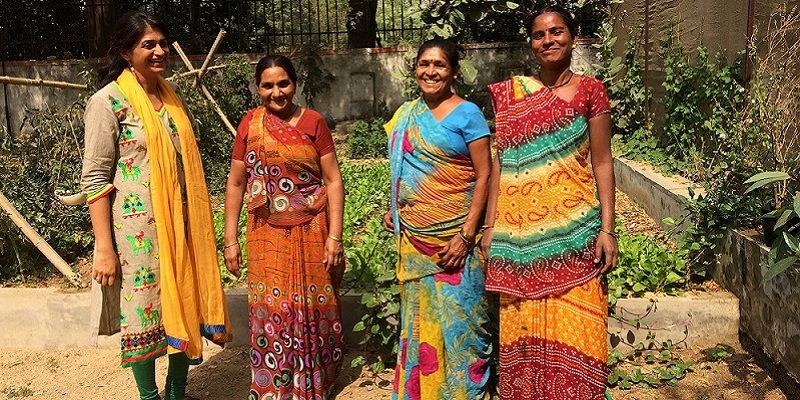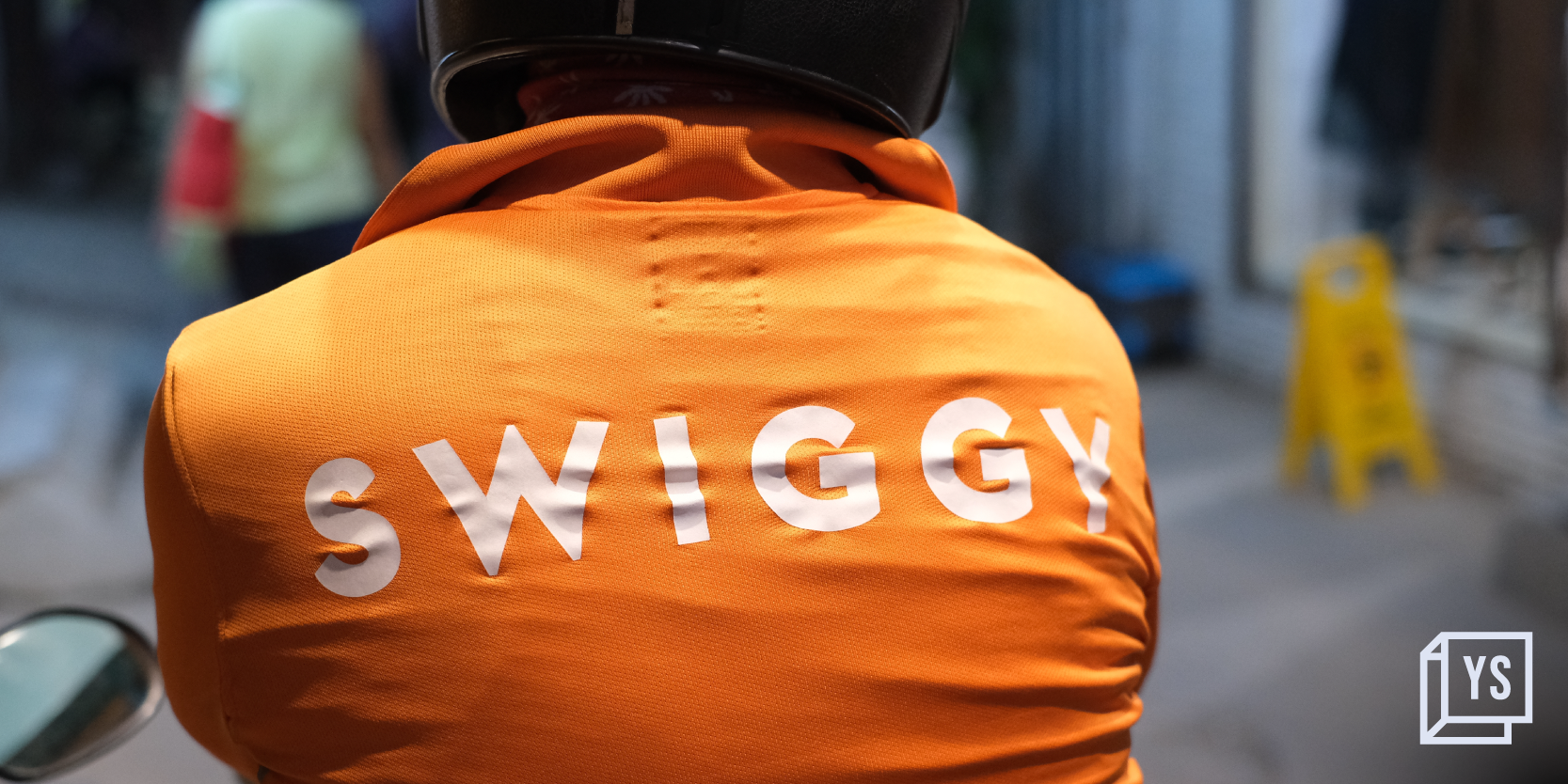How this architect-turned-farmer is helping Vadodara go organic with Upaj
Avani Jain studied architecture but always felt a pull towards agriculture, following which she started an organic farm in Vadodara, Gujarat
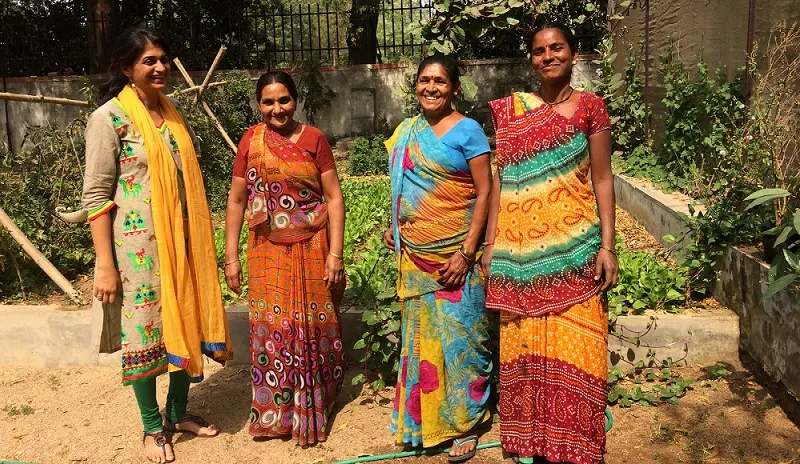
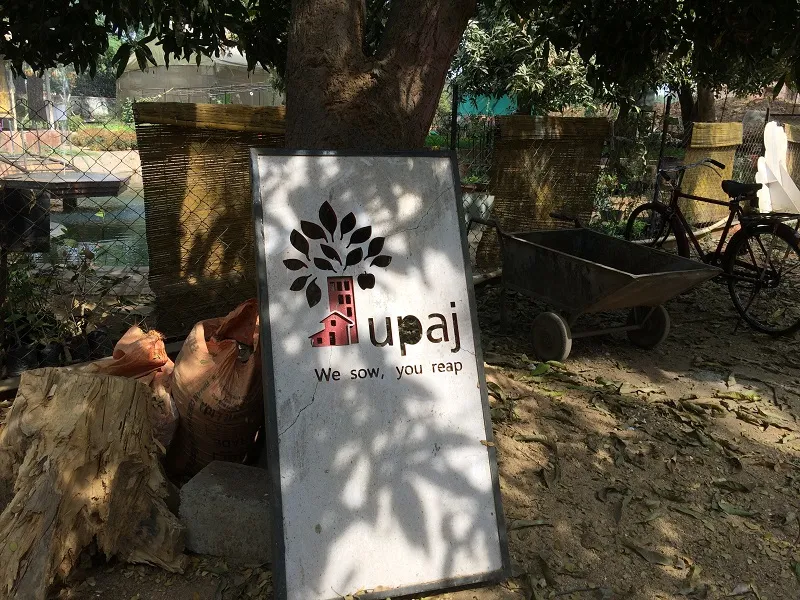
“I always loved gardening and spending time with the plants in our garden. Even as a kid, I used to have little fights with my mother about how much water needs to be given to plants so that they grow well,” Avani Jain told us over nimbu pani at Upaj, her natural farm on Sama Savli road in Vadodara, Gujarat. She studied architecture and practised for awhile but soon realised that farming is all that she wanted to do. Following her heart, she decided to take up a small piece of land that her family owned in the outskirts of the city and start her experiments.
Seven years later, the city has swallowed the land around but Upaj has blossomed into a rich, fertile farm feeding many with natural, organic produce. “It has been a long journey, hard but fun. I have tried out various techniques, learning from the local women employed at the farm, experts like Deepak Suchde and sometimes intuition. Taking what I connect with, Upaj farm is doing fairly well now,” says Avani. The farm also has a large pond dug up which stores all the rainwater and also beautifies the area.
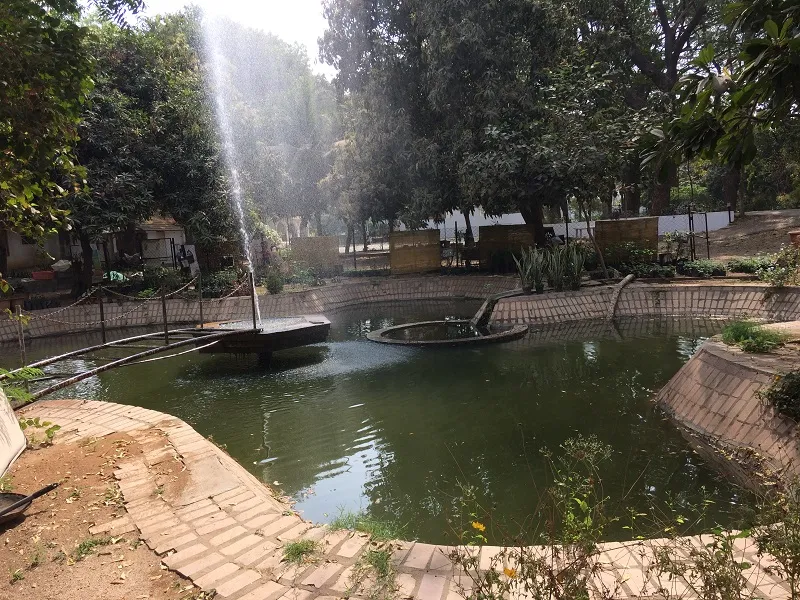
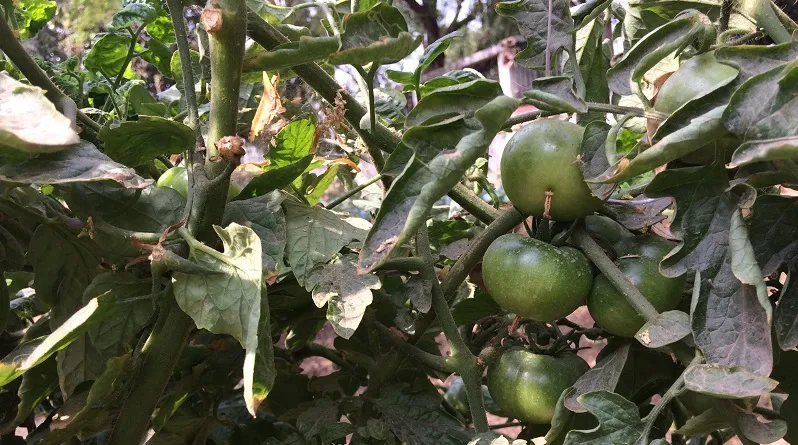

The farm has been supplying vegetables to a group of 20 subscribers and also via an Upaj outlet in the main city. They follow a subscription model where people can either book a 3kg or 5kg pack on a weekly basis. Every Thursday, the vegetables are harvested and delivered fresh in the morning at the customer’s doorstep. Their pricing comes out to be around Rs 70/kg. Patrons can pick up vegetables at the store as well but the focus is on increasing the subscriber base.
Upaj also conducts workshops and seminars for corporates, school visits and groups interested in learning more about natural farming. “Vadodara is a tough market for something like Upaj to survive. People appreciate the effort but when it comes to paying a little extra, there is resistance,” says Avani. Metros like Bengaluru and Delhi have shown an increasing appetite for more natural genuine products and it is only a matter of time till it percolates Tier I and II cities.
The spurt in the demand for organic products has also led to the rise of many brands trying to charge an extra premium, which makes it difficult for the end consumer to choose a genuine initiative. And these are the challenges initiatives like Upaj have to tackle. For Avani, she has been able to do it because of a very supportive family who has been with her in all her explorations that have resulted in a well-managed farm that employs 5-6 local women from the villages.
To keep the venture sustainable, they also built a small cottage industry around seeds and growing plants. Upaj has a ‘grow-it-yourself’ kit for kids (and adults) to experience the joy of growing a plant. “People in cities hardly get the space to experience growing a vegetable and fruit and I really want more people to experience the joy of doing it,” says Avani about the intention behind these kits.
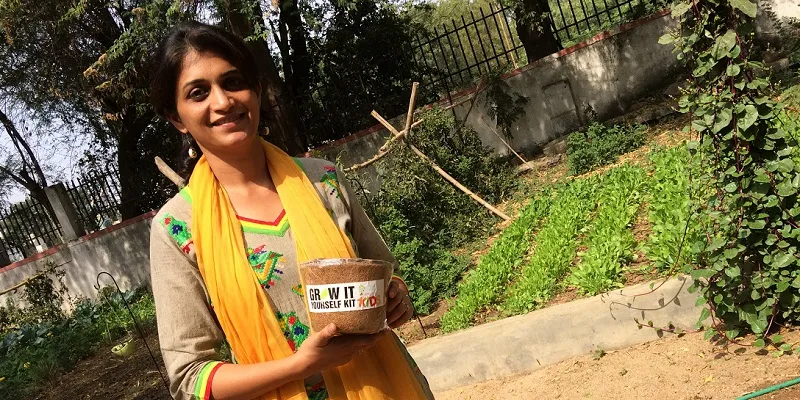
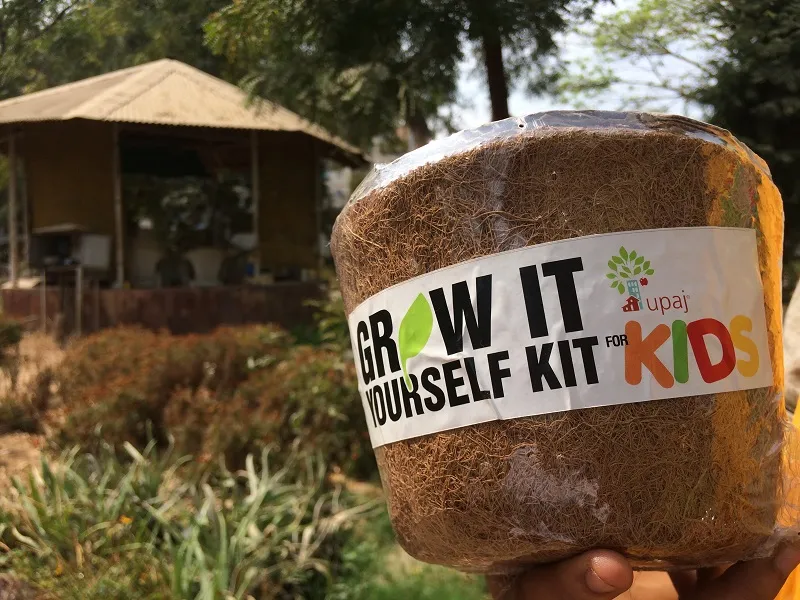
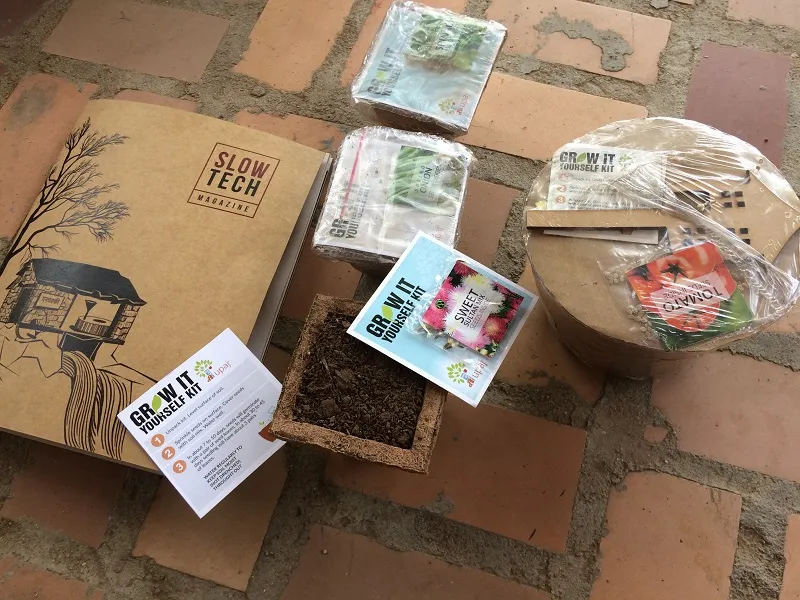
These pots are also well designed in an eco-friendly manner- the pot is made from coconut husk and the soil they give is rich in nutrients. There is a packet of seeds alongside (chilli, tomato, marigold and many more) with instructions about how to grow the plant. “We make the kits according to the season and test out our batches every day so that every pot germinates,” Avani tells us when we picked up a chilli and tomato kit to test it out.
Upaj doesn’t aim to make large profits and grow quickly but wants to make enough to cover all its costs and grow sustainably. The grow-it-yourself kits have done well and they want to take it to a few other cities in Gujarat, like Ahmedabad and Surat. “We also have another piece of land where we grow more vegetables and the intention is to do more of it so that we can spread awareness and help more people eat healthy,” says Avani.
In India, one has seen a healthy rise in the number of urban farming initiatives. While more needs to be done it is heartening to come across initiatives like Upaj that are blossoming in smaller cities. Our trip to Gujarat also threw up stories like this young man in Porbandar who is bringing about an organic revolution. India is also seeing agritech companies like Barrix, SafeHavest, Crofarm and more putting focus on agriculture. For a more sustainable future, the larger corporates and governments need to factor in all these developments to bring about a positive change.
You can know more about Avani and Upaj on their Facebook page and you can write to [email protected] if you want to subscribe for our print magazine.






